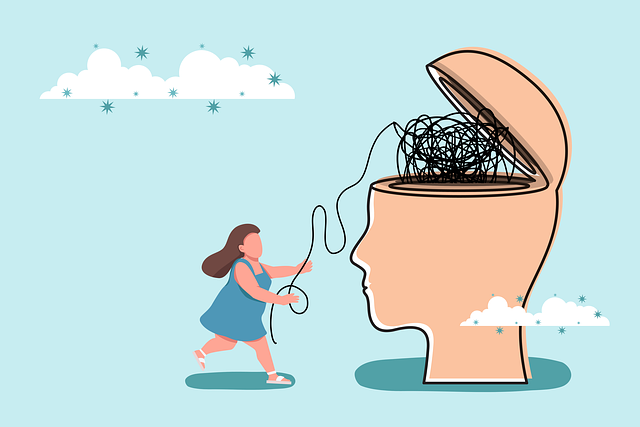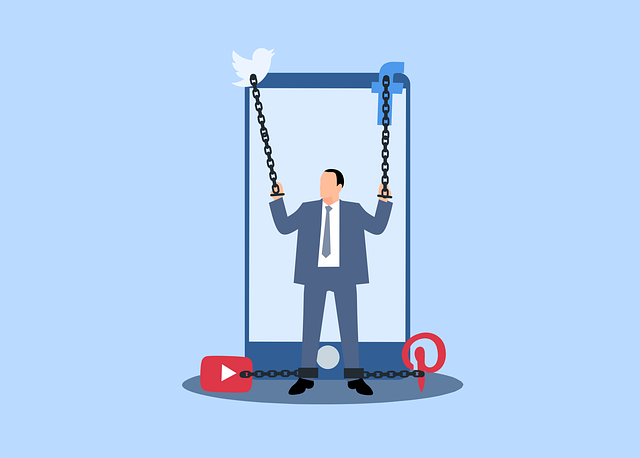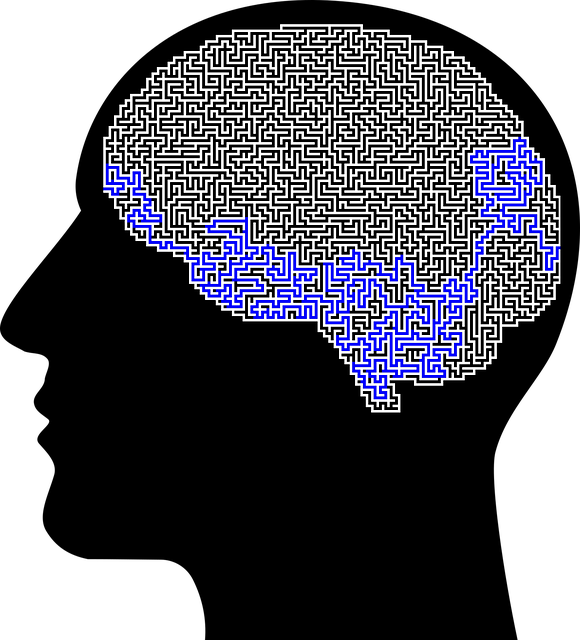Chronic stress, rooted in unaddressed trauma, can lead to anxiety, depression, and physical issues. To manage it effectively, one must understand these causes. Strategies like empathy building, mindfulness, and self-care routines prove beneficial. Arvada Dissociative Disorder Therapy offers a tailored approach for complex cases, helping individuals manage symptoms and explore underlying dissociation causes. Relaxation techniques, lifestyle changes, and support systems are crucial in reducing stress and improving overall well-being, with professional help from Arvada Dissociative Disorder Therapy being vital for severe conditions.
Stress reduction is a vital aspect of maintaining mental well-being. This comprehensive guide explores various methods to alleviate stress, focusing on innovative approaches like Dissociative Disorder Therapy in Arvada. We delve into effective relaxation techniques, significant lifestyle changes, and the irreplaceable role of support systems and professional help. By understanding the impact of stress on mental health, you’ll gain valuable insights into creating a more balanced life. Discover practical steps to navigate and manage stress, leading to improved overall well-being.
- Understanding Stress and Its Impact on Mental Health
- Exploring Dissociative Disorder Therapy in Arvada
- Relaxation Techniques for Effective Stress Relief
- Lifestyle Changes to Reduce Daily Pressure
- The Role of Support Systems and Professional Help
Understanding Stress and Its Impact on Mental Health

Stress is a natural response to demanding situations, but chronic stress can significantly impact mental health. It often manifests as feelings of anxiety, depression, or even physical symptoms like headaches and fatigue. Understanding the root causes of stress is crucial for effective management. In many cases, trauma or past experiences can contribute to long-term stress and conditions such as Dissociative Disorder. Seeking professional help, like Arvada Dissociative Disorder Therapy, can provide individuals with tools to navigate these challenges.
Building empathy, social skills, and compassion cultivation practices have proven beneficial in reducing stress and promoting mental well-being. These strategies encourage positive interactions, foster a sense of belonging, and enhance coping mechanisms. By focusing on emotional resilience and mindfulness, individuals can better manage stressful situations and lead more fulfilling lives.
Exploring Dissociative Disorder Therapy in Arvada

In Arvada, Dissociative Disorder Therapy offers a specialized approach to addressing complex mental health challenges. This therapeutic method is designed to help individuals who have experienced trauma and developed dissociation—a disconnect from reality or self. Through this therapy, patients learn to manage their symptoms and improve their overall mood management skills. The process involves exploring the roots of dissociation, helping clients develop healthy coping mechanisms, and enhancing their ability to regulate emotions.
Arvada Dissociative Disorder Therapy often incorporates communication strategies tailored to the unique needs of each patient. This personalized approach is crucial in building trust and fostering a safe space for individuals to share their experiences. The community outreach program implementation within local mental health services further strengthens support systems, ensuring that those struggling with dissociation receive comprehensive care. By integrating these effective therapeutic techniques, Arvada’s mental health professionals aim to revolutionize the way dissociative disorders are treated, offering hope and improved quality of life for those affected.
Relaxation Techniques for Effective Stress Relief

Relaxation techniques play a pivotal role in effective stress reduction and promoting emotional well-being. Practices such as deep breathing exercises, meditation, yoga, and progressive muscle relaxation help calm the mind and body, reducing the physical and mental toll of stress. These techniques can be easily incorporated into daily routines, providing much-needed respite from the demands of modern life. For instance, a simple yet powerful tool like dissociative disorder therapy in Arvada leverages relaxation to help individuals detach from stressful thoughts and gain a fresh perspective.
In addition to these direct coping mechanisms, establishing a robust self-care routine is paramount for long-term stress management. This involves prioritizing sleep hygiene, engaging in regular physical activity, adopting a balanced diet, and setting clear boundaries in both personal and professional life. Effective communication strategies also contribute significantly to emotional well-being promotion techniques, fostering open dialogue and reducing the stressors associated with miscommunication or conflict.
Lifestyle Changes to Reduce Daily Pressure

In today’s fast-paced world, daily pressures can mount, leading to heightened stress levels and even conditions like Arvada dissociative disorder therapy cases. To combat this, lifestyle changes are paramount for effective stress reduction. Incorporating regular exercise, a balanced diet, and adequate sleep into one’s routine can significantly mitigate stress. Physical activity, in particular, triggers the brain to release endorphins, nature’s natural mood elevators, fostering better mental health and overall well-being.
Self-care practices such as meditation, mindfulness, and deep breathing exercises are also powerful tools for managing stress. These techniques allow individuals to disconnect from demanding daily routines and cultivate a sense of inner peace. Furthermore, setting realistic goals, prioritizing tasks, and delegating responsibilities when possible can alleviate the pressure that often leads to stress. Public awareness campaigns development around stress management and mental health can play a crucial role in encouraging these lifestyle changes on a broader scale.
The Role of Support Systems and Professional Help

Stress reduction often involves building and leveraging support systems, which can significantly mitigate feelings of isolation and overwhelm. Strong social connections act as a buffer against stress by providing emotional validation, practical assistance, and a listening ear when needed most. Whether through therapy groups, community organizations, or personal networks, connecting with like-minded individuals who share similar experiences can foster a sense of belonging and offer valuable coping strategies. For individuals grappling with conditions such as Dissociative Disorder, having a reliable support system becomes even more critical, guiding them through challenges unique to their condition.
In addition to these informal support structures, professional help plays an indispensable role in stress reduction and emotional well-being promotion. Therapists equipped with expertise in areas like Arvada Dissociative Disorder Therapy can provide specialized treatment plans tailored to individual needs. Through techniques such as communication strategies and self-awareness exercises, professionals empower individuals to navigate stressors more effectively, develop healthier coping mechanisms, and enhance their overall resilience. By combining the strength of support systems with professional guidance, individuals can embark on a transformative journey towards greater emotional balance and reduced stress levels.
In conclusion, managing stress effectively is a multifaceted approach that combines understanding its root causes, exploring specialized therapies like Arvada Dissociative Disorder Therapy, adopting relaxation techniques, making positive lifestyle changes, and leveraging support systems. By integrating these strategies, individuals can significantly reduce stress levels and improve their mental health. Remember that seeking professional help when needed is crucial for achieving lasting well-being.








